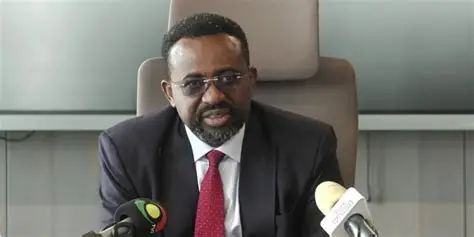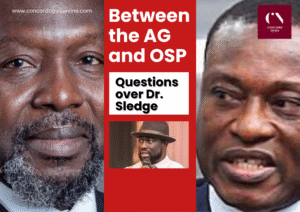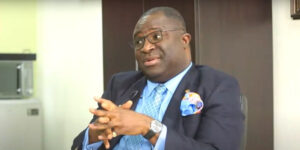BoG urges Ghanaians to reject dollar payments

The Governor of the Bank of Ghana (BoG), Dr. Johnson Asiama
The Governor of the Bank of Ghana (BoG), Dr. Johnson Asiama, has reiterated that the US dollar is not recognised as legal tender in Ghana and, as such, should not be accepted as a standard means of payment for goods and services within the country.
Speaking at the ABSA-UPSA Quarterly Banking Roundtable on Thursday, July 17, Dr. Asiama emphasized that both businesses and consumers are fully within their rights to refuse dollar payments, reinforcing the exclusive legal status of the Ghanaian cedi.
“Let me say that the dollar is not legal tender. It cannot go everywhere the cedi goes. The dollar is not a legal tender in Ghana. What it means is if you pay me in dollars for service or something I sell to you, I have every right to say no, I will not accept it,” he said.
He urged the public to play an active role in supporting the cedi’s stability by insisting on its use in all commercial transactions, noting that this is not only a legal obligation but also a civic duty.
“Consciously, we must be able to protect the cedi. We must be able to ensure that it’s the only form for transaction in this country. Legal tender in its simplest form refers to money that must be accepted if offered in payment of a debt,” he explained.
Dr. Asiama also cautioned that some market actors may attempt to exploit currency fluctuations for personal gain—a practice that undermines economic stability.
“Any attempt to displace the cedi in ordinary commercial transactions, whether through mandatory dollar invoicing, preferential pricing in foreign currency, or informal currency substitution, is not only economically distorting, but also legally impermissible,” he warned.
He further encouraged Ghanaians to see the cedi as a national asset that deserves protection and respect, adding that its exclusive use supports Ghana’s economic sovereignty and strengthens macroeconomic policy implementation.
“It challenges the very fabric of monetary sovereignty. So the legal tender status of the cedi is therefore not a ceremony, but a ceremonial provision. It is the cornerstone of macroeconomic governance. It ensures monetary policy decisions, interest rates, and liquidity management,” he stated.
Source: CitiNewsroom








